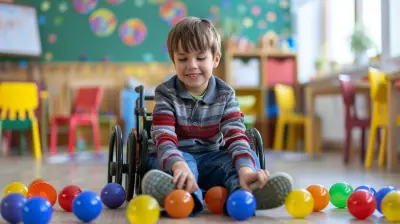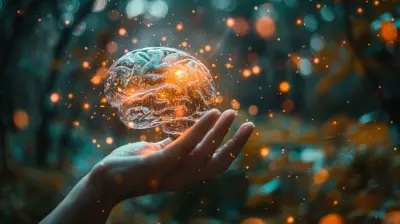Surviving a Traumatic Event: The Importance of Peer Support
31 October 2025
Let’s be real—life can hit like a ton of bricks sometimes. One moment you're cruising through your day, and the next, you're dealing with something that shakes you to your very core. Trauma doesn’t knock politely. It barges in, uninvited, messy, and usually when you least expect it. Whether it’s a car accident, the loss of a loved one, an act of violence, or any life-altering situation, trauma has a way of turning your world upside down.
But here's the thing: you don't have to go through it alone. That’s where peer support comes in—and trust me, it's more powerful than you might think.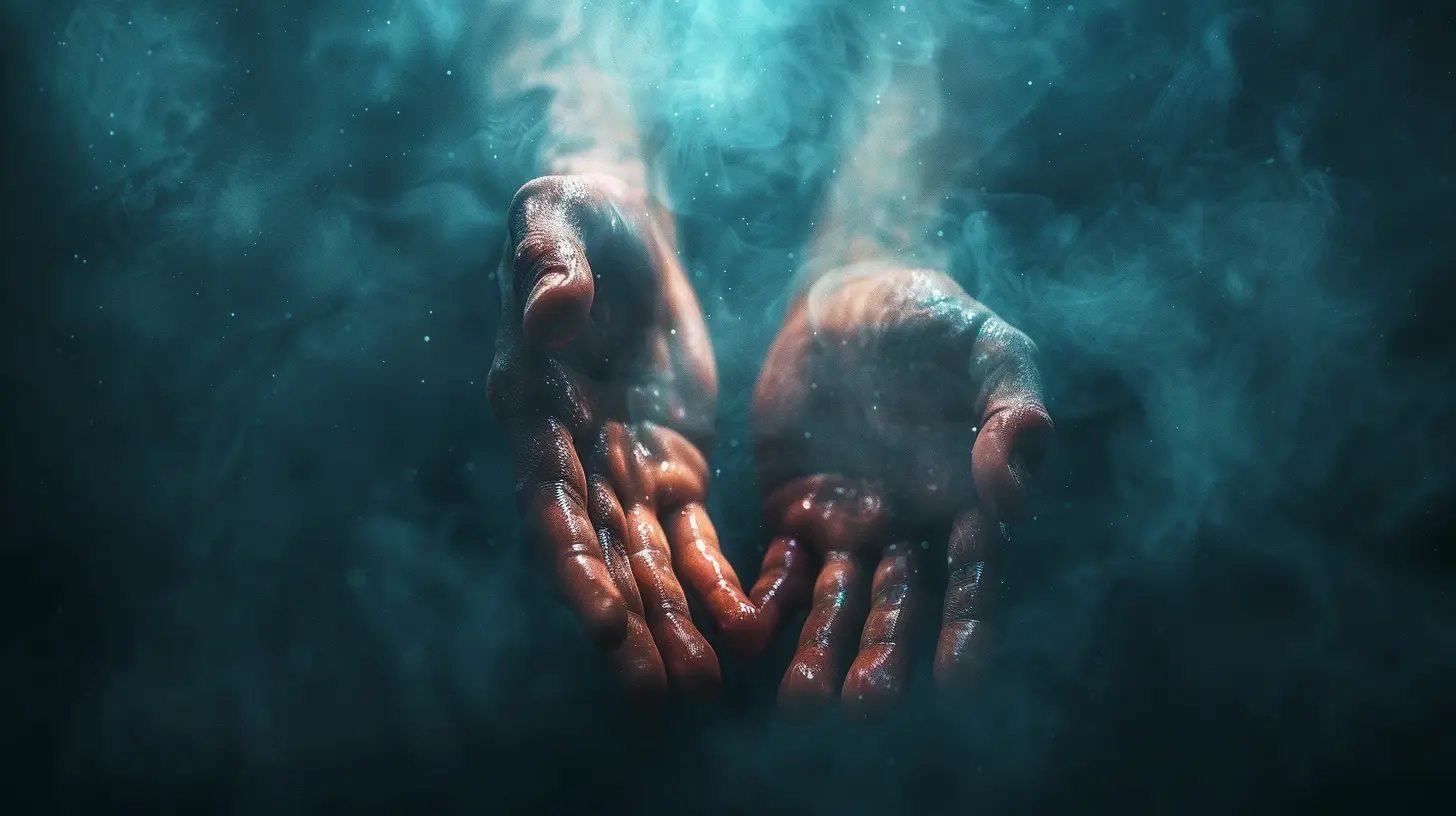
What Exactly Is a Traumatic Event?
Before we go any further, let’s break down what we mean by a "traumatic event." Trauma can look different for everyone. It’s not one-size-fits-all. Some people are rocked by events others might brush off. And that’s okay.A traumatic event usually involves a sense of helplessness, fear, or horror. It could be:
- A natural disaster
- A serious accident or injury
- Physical, emotional, or sexual abuse
- Military combat
- The sudden death of someone close
- Experiencing or witnessing violence
Whatever the cause, the aftermath can mess with your thoughts, your emotions, your sleep, and even your relationships.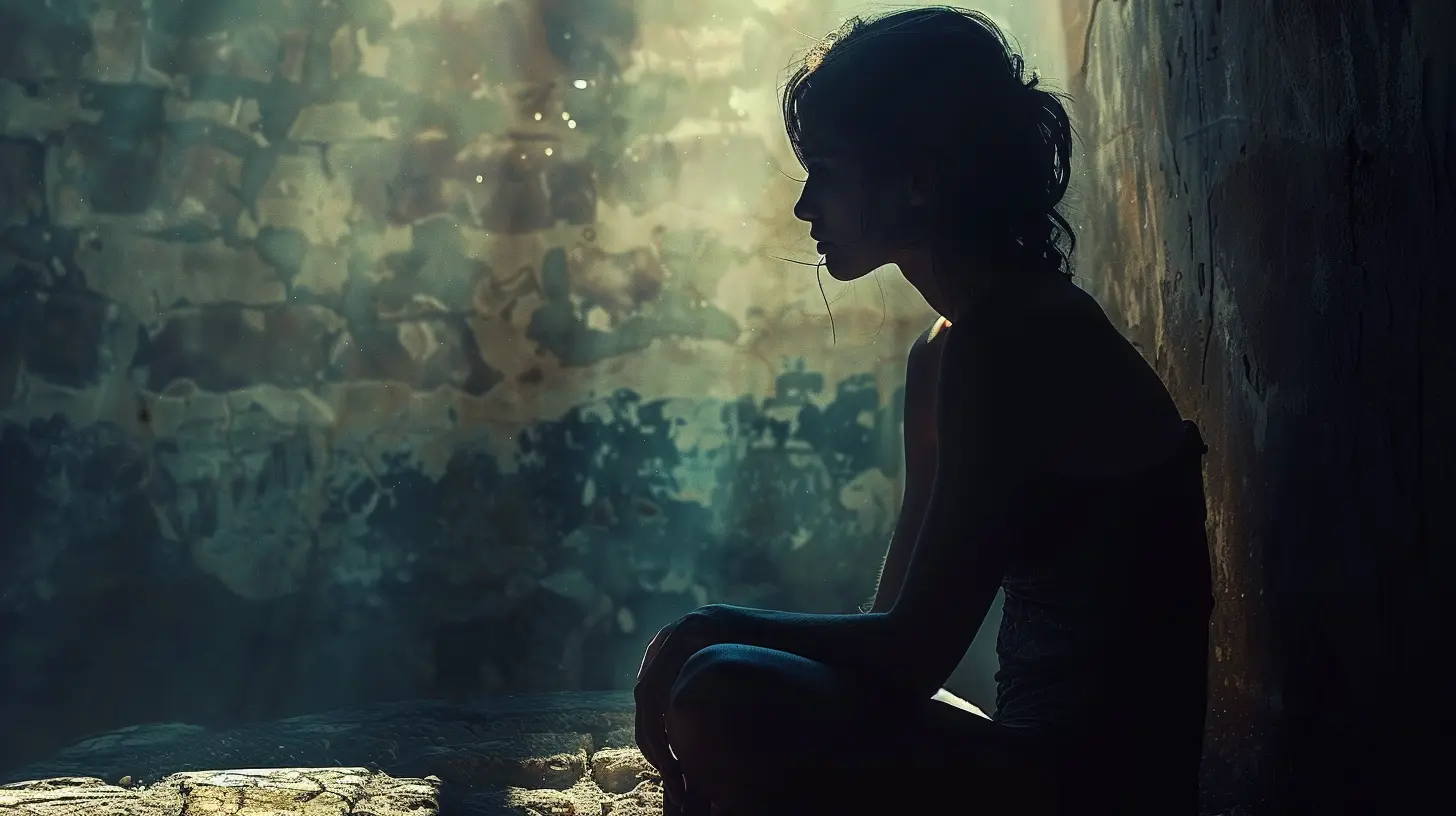
The Aftermath: When Everything Feels Off
So you've been through something traumatic. And now? Maybe you can't sleep. Or you find yourself constantly anxious. Maybe you're feeling numb, or oddly disconnected from everyone around you. The world doesn’t feel quite right anymore.That’s totally normal.
Trauma has this sneaky way of rewriting your perception of the world. You’re not “crazy” or “weak” for feeling how you feel. You’re human. And humans, despite all our strength, aren’t immune to pain.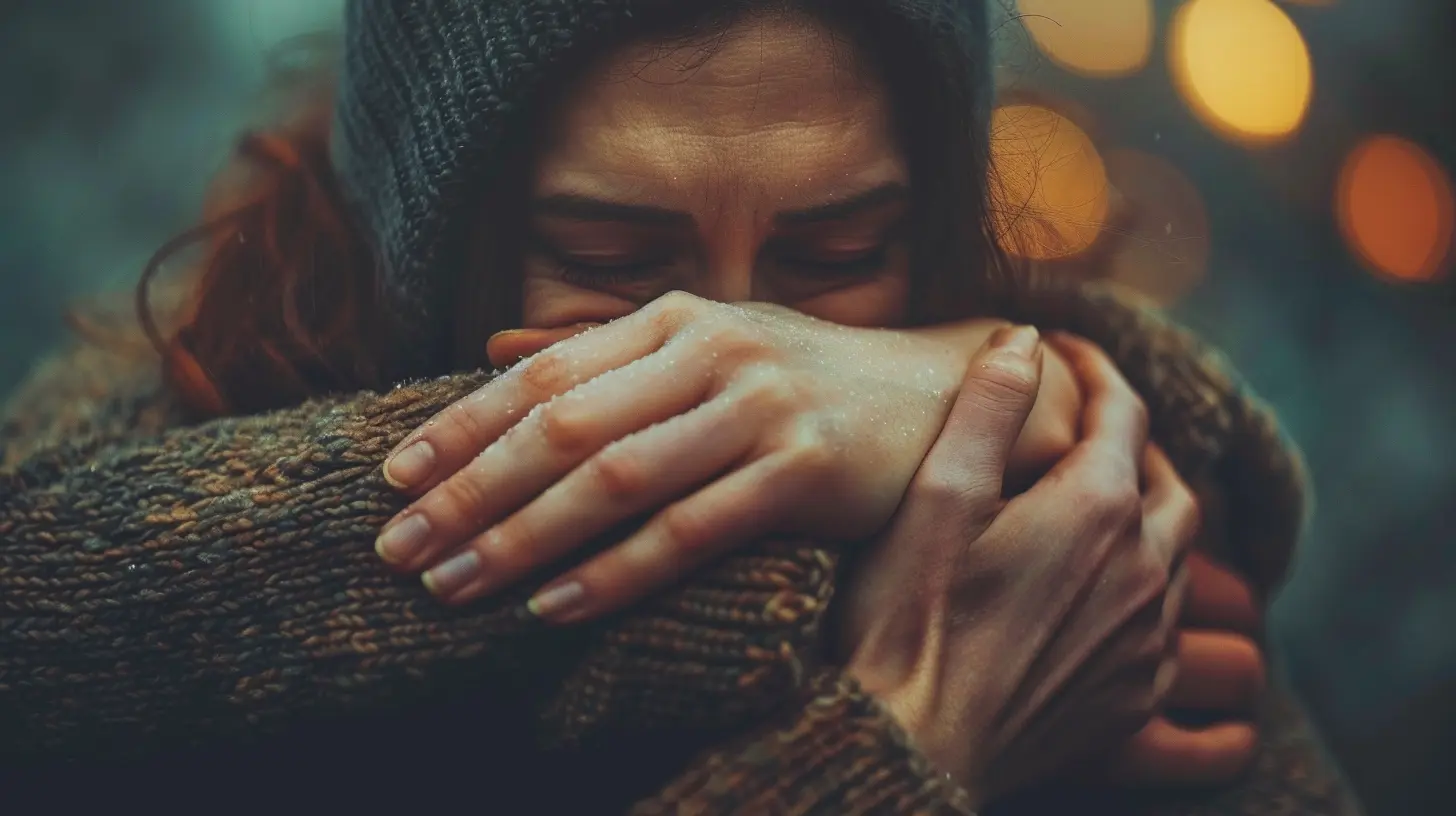
The Biggest Myth: “I Should Be Over It By Now”
Let’s bust this myth, shall we?There’s no stopwatch for healing. No timer that dings when you’ve had “enough time” to move on. The idea that we should just “get over it” is not only unrealistic—it’s downright damaging.
Instead of rushing yourself to move on, try shifting the mindset to move through it. Healing isn’t linear. It’s more like a rollercoaster ride with loops, turns, and maybe even a few loop-the-loops.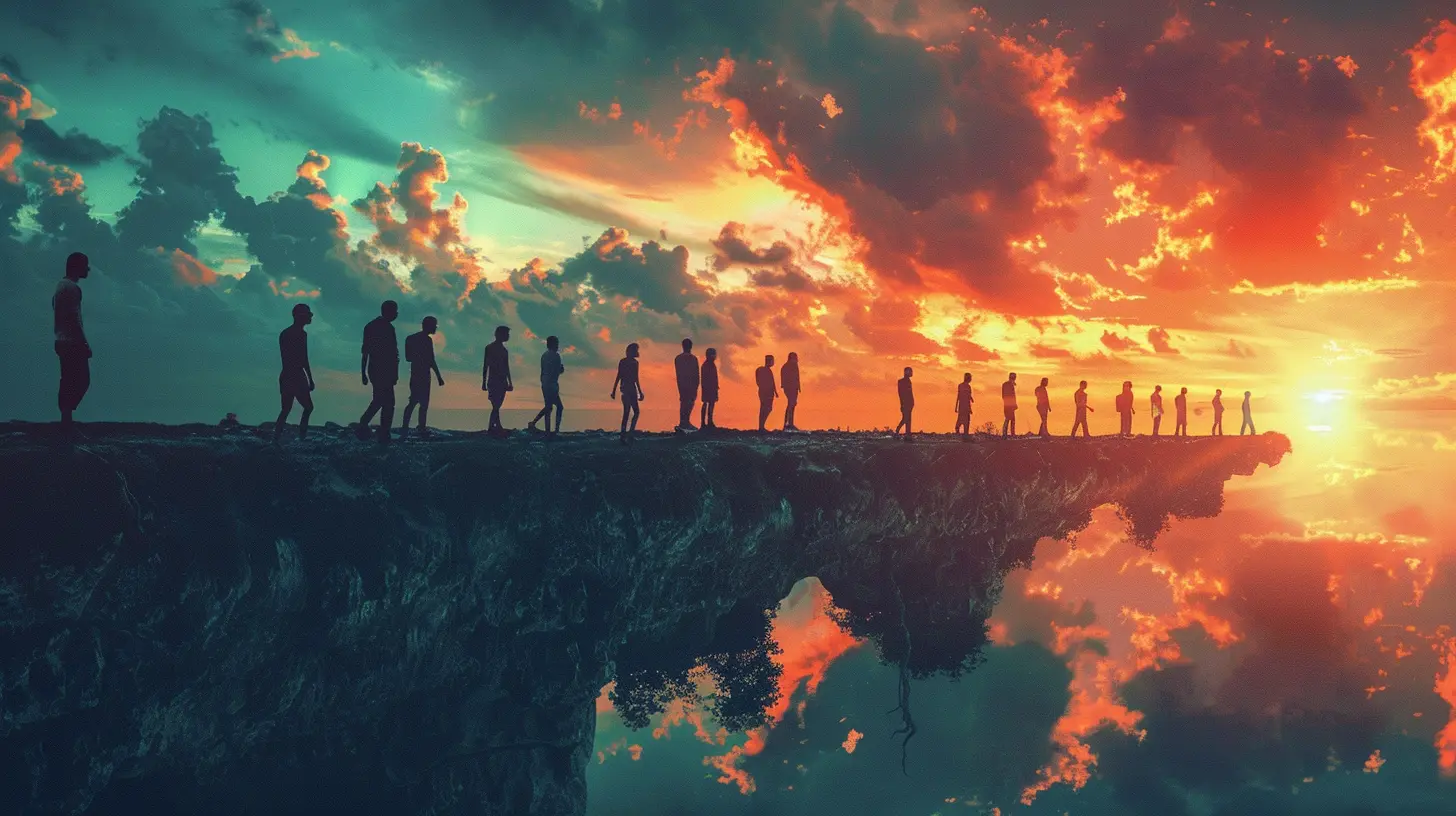
What Is Peer Support, Anyway?
Okay, let’s talk peer support. This isn’t therapy—although therapy is awesome too. Peer support is when people who’ve gone through similar experiences provide emotional, social, and practical help to one another.Imagine it like a team sport. You’re injured, but instead of sitting alone on the bench, you’ve got teammates around you—some who’ve been hurt before. They know how it feels. They get it. They’re not there to “fix” you. They’re just there to remind you that you're not alone.
Why Peer Support Matters After Trauma
You might be wondering, "Why does peer support help so much?"Well, it turns out, connection is kind of a big deal. Humans are wired for it. After trauma, isolation can be one of the most harmful things. When we bottle everything up and try to tough it all out alone, we're more likely to struggle with anxiety, depression, and even PTSD. Peer support can be like oxygen in that emotional suffocation.
Let’s break it down:
1. Validation (AKA, Someone Gets Me)
There’s something truly healing about hearing someone say, “Me too.” It cuts through the loneliness like a warm knife through butter. Sharing your story with someone who’s walked a similar path provides emotional validation. It says, “You’re not defective. You’re just human.”2. A Judgment-Free Zone
Let’s face it, not everyone around us knows how to handle trauma. Some people mean well but end up saying things like “At least it wasn’t worse” or “Just stay positive.” But in peer support groups? You're in a space where everyone gets it. There’s empathy instead of awkward advice.3. Shared Tools and Coping Skills
Here’s where peer support becomes a goldmine. People share what’s actually helped them. Maybe it's meditation, breathing exercises, journaling, or just finding a new routine. You don’t have to sift through a thousand Google results—you get real talk from real people.4. Hope Through Lived Experience
Seeing someone who was once in your shoes but is now thriving? That’s powerful. It gives you a glimpse of what healing can look like. Maybe even sparks that little voice inside you that says, “If they did it, maybe I can too.”Different Types of Peer Support
The best part? Peer support isn’t one-size-fits-all. There are tons of ways to connect:- Support Groups: In person or virtual, these group meetups are safe spaces to share and listen.
- Online Forums & Communities: Websites like Reddit, health forums, or mental health apps have peer-led sections full of compassionate folks.
- One-on-One Peer Support: Some organizations train peer supporters who can work directly with individuals.
- Buddy Systems: Pairing up with someone for regular check-ins. Simple, but super effective.
You can dip your toe in or go full cannonball—whatever works for you.
Fun Fact: Peer Support Has Science-Backed Benefits!
Yep, it’s not just feel-good fluff. Research shows that peer support can:- Improve mental health and emotional well-being
- Reduce symptoms of PTSD and depression
- Boost self-esteem
- Increase engagement with professional help
- Lower the risk of re-traumatization
That’s not just hearsay. That’s science giving it the thumbs-up.
“But I’m Not a Talker…”
Totally valid. Not everyone’s comfortable spilling their feelings to strangers—and you don’t have to be. Peer support doesn’t always mean pouring your heart out. Sometimes just being in the room (or on the Zoom) helps. Listening is a form of healing too. When you're ready, you'll speak.Think of it like attending a concert—just being there, surrounded by vibes and energy, can shift your mood. You don’t need to sing along to enjoy the show.
Signs You Might Benefit from Peer Support
Still on the fence? Ask yourself:- Do I feel isolated or misunderstood?
- Am I struggling to talk to friends or family?
- Do I want to hear from others who’ve been through something similar?
- Could I use some encouragement and new coping ideas?
If you nodded even once, peer support might be worth a try.
How to Find the Right Peer Support for You
The internet is your friend here (for once, right?). Look up local mental health organizations, trauma recovery centers, or community health centers. Many offer peer support groups—some even specialize by the type of trauma experienced.You can also try:
- Mental Health America
- NAMI (National Alliance on Mental Illness)
- The Mighty
- 7 Cups
- Reddit communities like r/traumatoolbox or r/PTSD
Just make sure the group aligns with your values—it should feel safe, respectful, and supportive.
A Gentle Reminder: You’re Doing the Best You Can
Trauma recovery isn't about bouncing back—it's about growing forward. And while you might have scars (emotional or otherwise), every scar means you survived something that once tried to break you.Taking the step to connect with others who "get it" doesn't mean you're weak. It means you're brave enough to say, "I matter." Because you do.
And one day? Maybe you’ll be the one someone else turns to. That’s the kind of full-circle magic that peer support brings.
Final Thoughts: You’re Not Alone (Even If It Feels That Way)
Surviving a traumatic event is tough—let’s not sugarcoat it. But you don’t have to figure it all out by yourself. Peer support gives you a village when your world feels like it’s crumbling. It’s a shoulder, a cheerleader, a guide, and a reminder that healing is possible.So go ahead—take that first step. Reach out. Listen. Share. Cry. Laugh. Heal.
You're not just surviving. You're moving forward—and there's strength in that.
all images in this post were generated using AI tools
Category:
TraumaAuthor:

Janet Conrad
Discussion
rate this article
1 comments
Fenris Edwards
Thank you for highlighting the crucial role of peer support in healing from trauma. It's comforting to know that connecting with others who share similar experiences can create a safe space for understanding and growth. Your insights can guide many on their journey to recovery.
November 10, 2025 at 4:14 AM

Janet Conrad
Thank you for your thoughtful comment! I'm glad you found the insights valuable—peer support truly can make a significant difference in the healing process.

